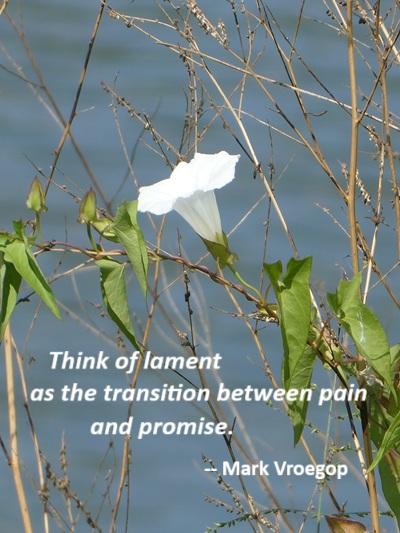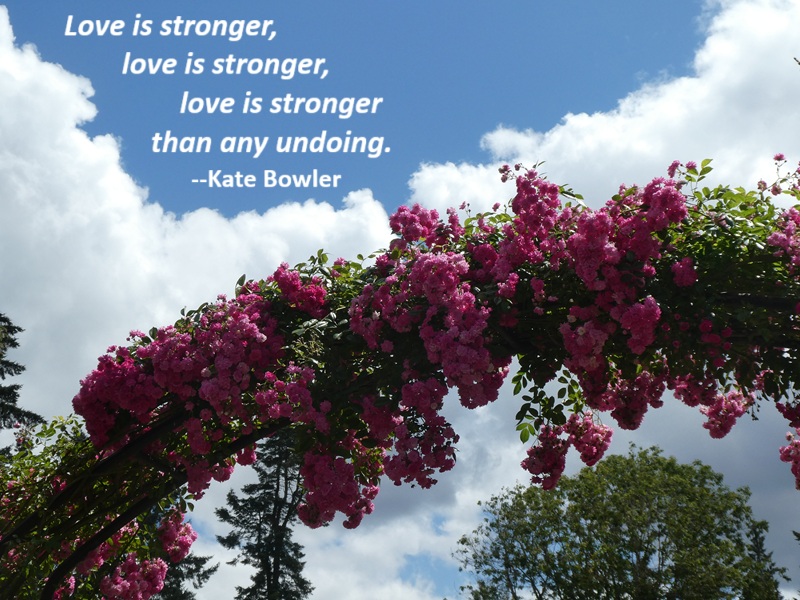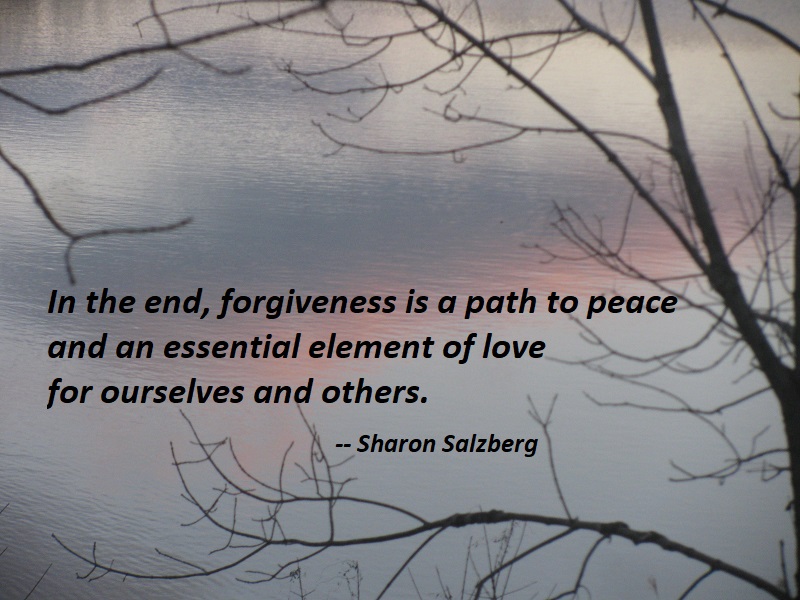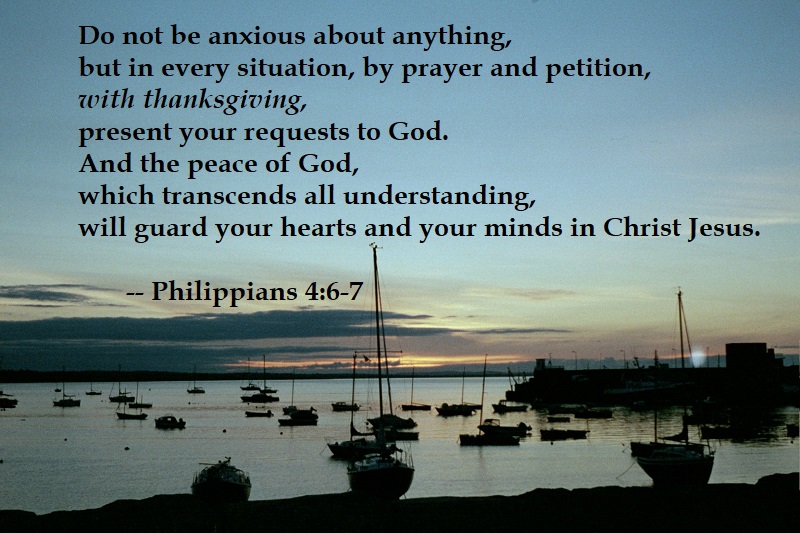Lament as a Path to Praise
You might think lament is the opposite of praise. It isn’t. Instead, lament is a path to praise as we are led through our brokenness and disappointment. The space between brokenness and God’s mercy is where this song is sung. Think of lament as the transition between pain and promise.
It is the path from heartbreak to hope.
— Mark Vroegop, Dark Clouds, Deep Mercy, p. 28
Photo: South Riding, Virginia, August 9, 2025



